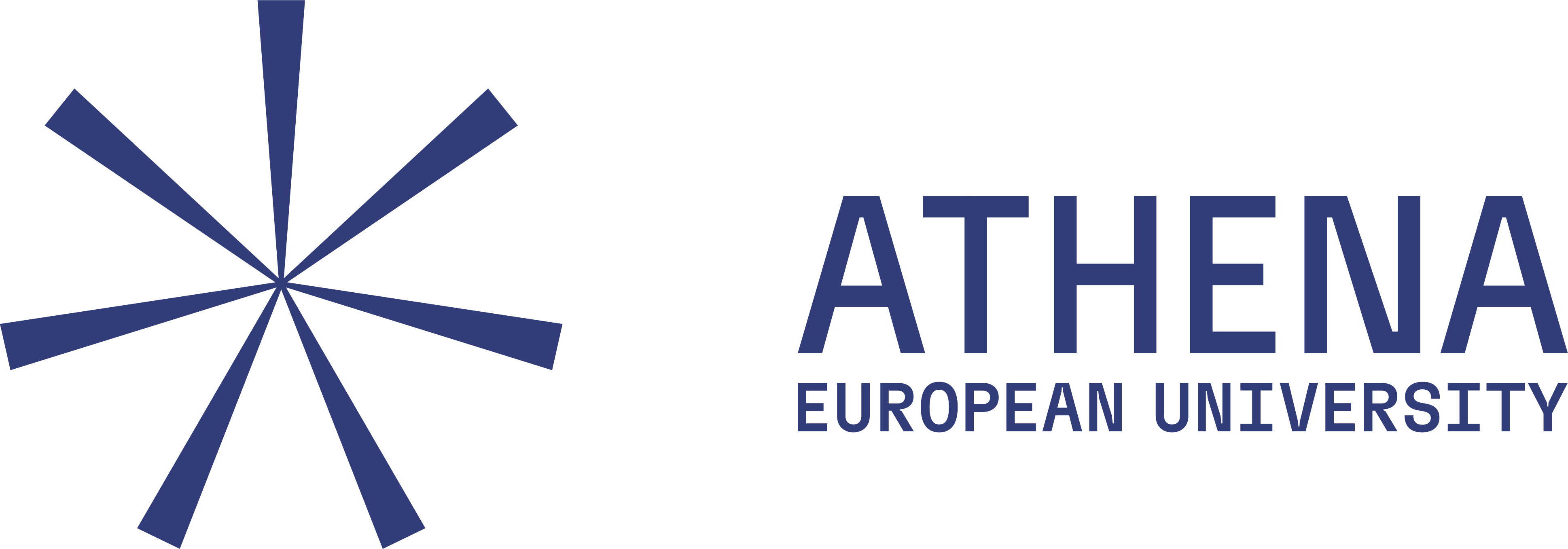The Centre of Eastern Europe from Maria Curie-Sklodowska University in Lublin is a scientific – research institution. It acts within the field of Eastern Europe and deals with geographic, political, historical and civilization issues of that region. A group of countries that emerged on the international arena after the collapse of the Soviet Union and the breakup of Yugoslavia was not playing any crucial role in the political and economic life of Europe after the II World War. These countries, not only act as independent participants of international affairs, but also, as they develop their social, economic and military capability and form processes and political events in Europe, particular regions and around the world.
The political subjectivity is being developed by such countries as Ukraine, Baltic countries (Lithuania, Latvia, Estonia), Balkan countries (Serbia, Croatia, Slovenia) and Caucasian countries (Georgia, Armenia, Azerbaijan). They are doing it by becoming members, candidates of partners of European Union and the North Atlantic Treaty Organization. Nowadays, some of the Eastern European countries such as Moldova, Belarus or Azerbaijan are not fully active in European politics, idea-creation activity and scientific research. Despite of their status, Eastern European countries, the whole region and their societies are the reference point of international politics of Poland. They are also crucial for companies, NGOs, social movements, churches, confessional associations and political parties operating on Polish territory as well as they constitute an important issue for Polish citizens such as politicians, municipal authorities, entrepreneurs and tourists.
Another matter of interest constitutes Russian Federation. The imperial past of the czarist Russia and the Soviet Union, as well as the present strength, is aiming at regaining the lost power on the global scale or at least playing the role of the regional superpower in Eastern Europe. Undoubtedly, the interests of different countries and NGOs will collide on that geographical – civilization area in the forthcoming decades. This situation, together with the complexity of globalization as well as transformation and integration processes poses dictates the need for the experts. Those experts would be knowledgeable about the issues connected with Eastern Europe, such as politics, culture, economy, society and tourism. The prediction in different fields is hindered to a large degree without considering particular systems, such as politics, society, jurisdiction, economy, world view or mentality. The conditions of political reality, economic life, moral and social order in the whole Europe depends on making the best decisions.
The Centre of Eastern Europe from MCSU was set up to meet the growing scientific demand for the aforementioned issues. It has been created on the 1st of March, 2011 on the strength of vice-chancellor of the MCSU, professor Andrzej Dąbrowski. Another important feature of the Centre is the fact that it emerged on the basis of European College of Polish and Ukrainian Universities. The ECPUU functioned for 10 years, from 2000 until 2011 as a germ of Polish-Ukrainian University. During its functioning, the College presented the outstanding scientific and didactic activity by organizing various conferences, workshop, scientific debates and other cultural – educational and scientific – research events. A number of prominent European scientists and politics delivered open lectures for academic community as a part of College’s activity. These were, among others, Bogdan Osadczuk, Jarosław Isajewicz, Mykoła Żułynski, Adam Rotfeld, Zbigniew Kruszewski, Jerzy Kłoczowski, Jerzy Buzek, Daniel Beauvois, Paul Moreau, Chantal Millon-Delsol, Antoine Assaf, Giovanna Brogi Berkoff and Oxana Pachlovska. Apart from that, College was the organizer of numerous conferences, book presentations and other cultural – educational events. The registration and conferment procedure for 125 doctoral degrees was carried out in the ECPUU at that time. They contributed greatly to the development of European science.









